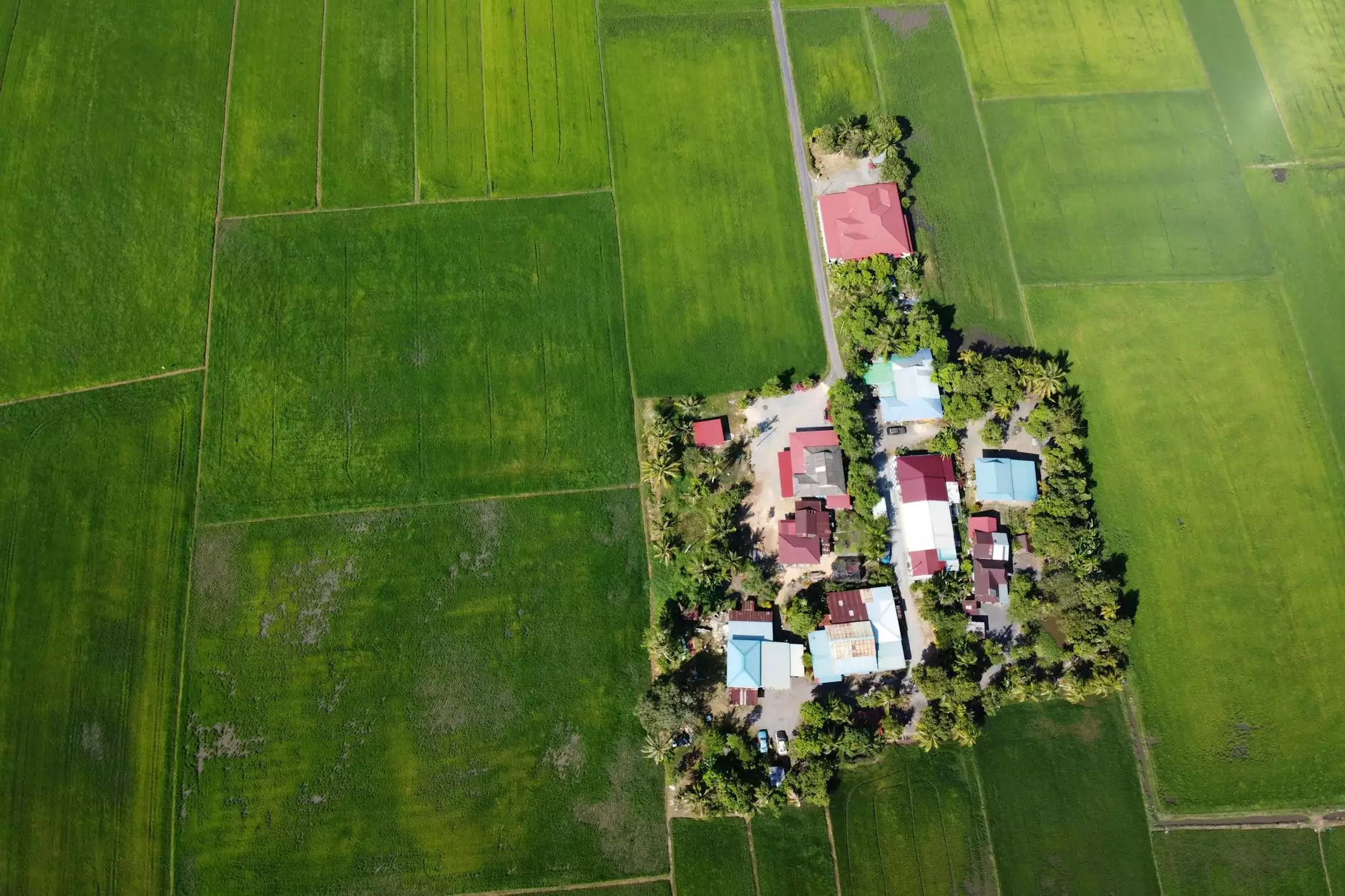The Advantages of Drones in Modern Agriculture

In today's rapidly evolving world, technology plays a crucial role in enhancing various industries, and agriculture is no exception. One of the most innovative technologies that have revolutionized the agricultural sector is drones.
Revolutionizing Agriculture with Drones
Drones, also known as unmanned aerial vehicles (UAVs), are cutting-edge devices equipped with advanced capabilities that have significantly transformed the way farmers operate. The integration of drones in agriculture has opened up a world of possibilities and benefits, making farming more efficient and sustainable.
Enhancing Crop Monitoring and Management
One of the primary uses of drones in agriculture is crop monitoring. By utilizing high-resolution cameras and sensors, drones can provide real-time data on crop health, moisture levels, and pest infestations. This allows farmers to identify potential issues early on and take proactive measures to ensure optimal crop growth.
Precision Agriculture
Drones enable precision agriculture by offering detailed insights into soil health and fertility. Farmers can use drone-collected data to create precise soil maps, optimize irrigation processes, and apply fertilizers more efficiently. This targeted approach not only increases crop yields but also minimizes the environmental impact of farming practices.
Optimizing Field Operations
With their ability to cover large areas quickly and efficiently, drones are instrumental in optimizing field operations. From planting and irrigation to crop spraying and harvest monitoring, drones streamline farming tasks, saving time and resources while maximizing productivity.
The Role of Drones in Sustainability
Drones are key players in promoting sustainable farming practices. By reducing the need for manual intervention and minimizing the use of chemical inputs, drones contribute to eco-friendly farming methods that prioritize environmental conservation and long-term agricultural viability.
Environmental Benefits
The use of drones in agriculture leads to reduced chemical runoff and soil compaction, preserving natural resources and safeguarding biodiversity. By targeting specific areas that require treatment, drones help farmers reduce waste and minimize their ecological footprint.
Economic Advantages
From increased crop yields and reduced operational costs to improved resource management and better decision-making, the economic advantages of integrating drones into agriculture are significant. Farmers can achieve greater profitability and sustainability by harnessing the power of dron агроном это.
Embracing Innovation for Future Growth
As the agricultural sector continues to evolve, embracing innovative technologies like drones is essential for staying competitive and meeting the demands of a rapidly changing world. By leveraging the capabilities of drones, farmers can enhance productivity, improve crop quality, and ensure food security for generations to come.
Conclusion
In conclusion, drones represent a game-changing innovation in modern agriculture, offering a wide range of benefits that empower farmers to make informed decisions, optimize resources, and drive sustainable practices. By harnessing the potential of dron агроном это, the future of farming looks brighter and more promising than ever before.
дрон агроном это








